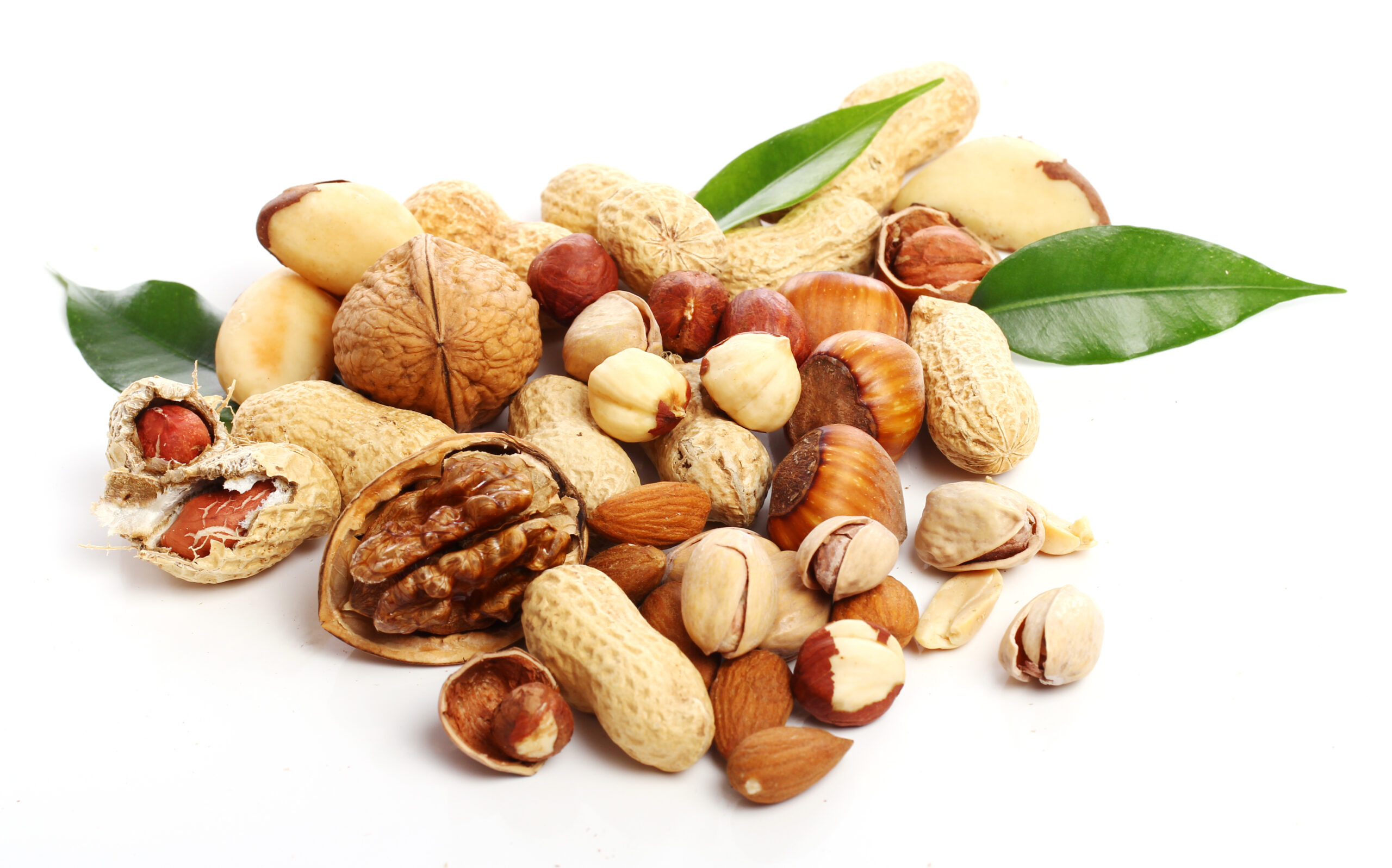Though it has been common in India for many centuries, fermentation is a very old cooking practice. It not only makes food taste better but also keeps it from spoiling. Indian fermentation science is a magnificent blend of traditional information and modern scientific knowledge with many health advantages and culinary delights. This blog post analyses the science of Indian fermentation science, exploring its cultural importance, physiological processes, and health benefits.
Cultural Significance of Fermentation in India

Fermentation is an integral part of Indian culture, where each region boasts special fermented foods. From south India’s tangy dosa and idli to kanji in north India that brims with probiotics, these foods are not just meals alone but also a mark of heritage for Indians. The cultural identity as well as unique flavours have been preserved by traditional fermentation methods which have been handed down through generations among different communities.
Science behind Fermentation
At its core, fermentation is defined as a metabolic process in which bacteria, yeasts or fungi convert sugars into alcohol or acids. This way food remains edible for long periods while retaining its flavour profile along with nutritional values. The primary microorganisms involved in Indian fermentation are lactic acid bacteria and yeast.
Lactic Acid Bacteria: These are responsible for giving fermented foods that sour taste sensation found in them. In particular they turn lactose plus other sugars into lactic acid that inhibits growth of harmful bacteria due to drop of pH.
Yeast: Yeast-based fermentations give rise to alcohol and carbon dioxide which are necessary for bread-making purposes. In Indian cuisine, yeast plays an important role during the preparation of idli and dosa batter because it contributes to their unique texture alongside flavour profiles upon undergoing the fermentation process.
Fungi: Fungal addition into certain fermented dishes such as dhokla together with some types of pickles makes flavours more complex while adding extra textures.
Traditional Fermentation Techniques in India
Within the Indian context, there are various traditional methods of fermentation that are suited for this diverse climate and geography. Here are some examples:
Idli and Dosa: These popular South Indian dishes are prepared using fermented batter made from rice and urad dal (black gram). Microorganisms including lactic acid bacteria as well as yeast present in the ingredients initiate this process of fermentation. As a result, the batter is sour, light and fluffy, making it ideal for steaming into idlis or frying to make dosas.
Kanji: A fermented drink from North India, kanji is made by fermenting black carrots or beets with mustard seeds in water. The natural sugars in the vegetables feed the lactic acid bacteria, resulting in a tangy, probiotic-rich beverage that is consumed during the winter months.
Pickles: Indian pickles which are also called achaar exemplify traditional fermentation. Fruits or vegetables with salt spices and oil are set aside until they naturally rot. This environment promotes production of different flavours such as mildly tangy to strongly sour ones due to high presence of lactic acid bacteria that inhabit it.

Health Benefits of Fermented Foods
Fermented foods are not just tasty; several advantages come with consuming them. Fermentation leads to the generation of probiotics, which help in maintaining a healthy balance of gut bacteria. This improves digestion, strengthens immunity, and can improve mental health among other things. Below are some examples of such benefits.
Enhanced Nutrient Absorption: Fermentation simplifies complex nutrients to aid in their digestion and absorption. For example, fermentation of idli and dosa batter increases protein content’s bioavailability.
Rich in Probiotics: Kanji and yoghurt are fermented foods rich in probiotics which are beneficial bacteria for a healthy digestive system. Regular intake of probiotics can also prevent intestinal problems as well as enhance general gut health.
Boosted Immunity: The immune system is strengthened by the presence of probiotics that ferment food. A well-functioning gut flora results in better immune reactions and reduces vulnerability to infections.
Potential Mental Health Benefits: There is emerging evidence showing that a healthy gut positively affects mental faculties and moods like depression or anxiety. Moreover, the gut-brain axis influenced by the gut microbiome links these two body organs together. Having fermented meals may be helpful to alleviate anxiety and depressive signs.

Conclusion
The Indian fermentation techniques used during an interesting mix between tradition and modern biology. Also, besides preserving India’s cultural heritage, these methods have great benefits when it comes to health matters too. By appreciating the traditional art of making fermented foods using biological processes we can keep enjoying this rich legacy from our ancestors or forefathers regarding Indian meals that were traditionally prepared by fermentation alone even before refrigeration was invented . The tangy taste of dosa or the coolness found on gulping kanji might remind us just how inventive traditional practices could be while crafting pickles at home; all these embody some sort of intelligence contained within Indian culinary traditions which cannot be overstated.
Also read- The Growing Popularity of Fermented Foods in India

















[…] Also Read- Indian Fermentation Science and Their Technique […]